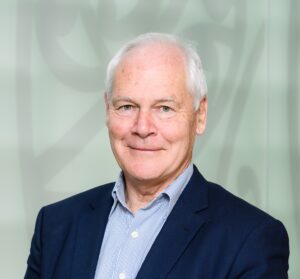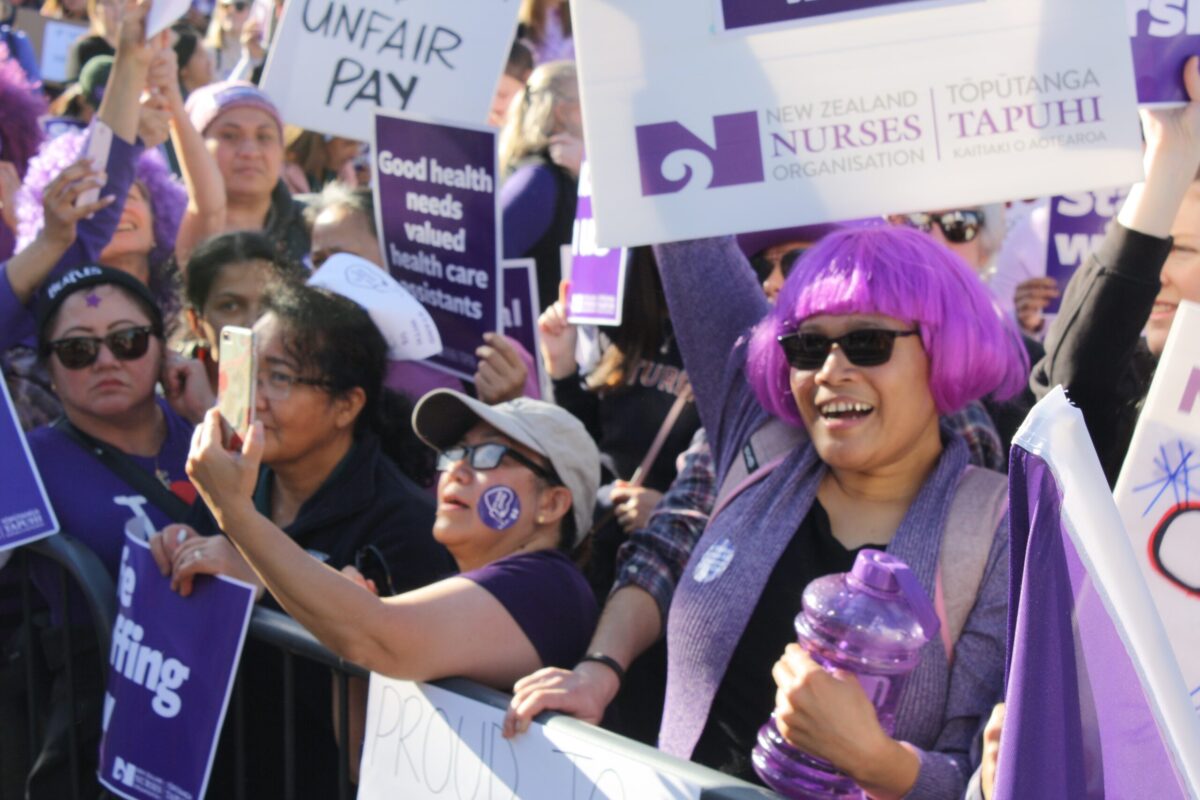The results of the poll, which closed at 5pm yesterday, suggest the DHB’s proposed settlement fell far short of nurses’ expectations of back pay dating back to December 2019 — a cost the Health Minister Andrew Little has said would be in the “hundreds of millions”.
NZNO chief executive Paul Goulter said the results were “strong and clear”. NZNO would now engage lawyers to file an application with the ERA to urgently seek determinations on the promised back pay, the new pay equity rates themselves as well as a way to ensure pay equity with male-dominated professions was maintained into the future.
NZNO is urgently seeking three determinations from the ERA.
- Fixing pay equity rates, including addressing senior nurses’ concerns about the effects on their comparative salaries.
- Ensuring there is a process to maintain pay equity over time.
- Backdating of the pay equity rates to December 31, 2019, as was formally agreed in the 2020 DHB-NZNO collective agreement.

“We want to move as quickly as possible on this matter and our lawyers have already been instructed to begin the application process to the ERA.”
Instead of back pay promised in the 2020 multi-employer collective agreement (MECA), in April the DHBs proposed a series of lump sum payments capped at $10,000 per individual “in recognition” of past work.
An NZNO legal review in April found the proposal was contrary to the Equal Pay Act, over the back pay issue.
The ERA’s determinations over fixing and maintaining pay equity “may or may not be the same as what has been included in the proposed settlement”, Goulter said. Nor did NZNO know how long it would take to make its determination, although urgency would be requested, Goulter said.
The ERA may direct NZNO and DHBs into a mediation or facilitation as its first step, he added.
About 40,000 nursing and health staff covered by the DHB nursing pay equity claim were invited to participate in the poll, which closed at 5pm Monday May 9. A “significant majority” chose to turn to the ERA rather than proceed with a ratification vote on the offer, Goulter said.
The nursing pay equity claim aims to compare the pay and conditions of the various nursing roles to similar roles in male-dominated professions.





